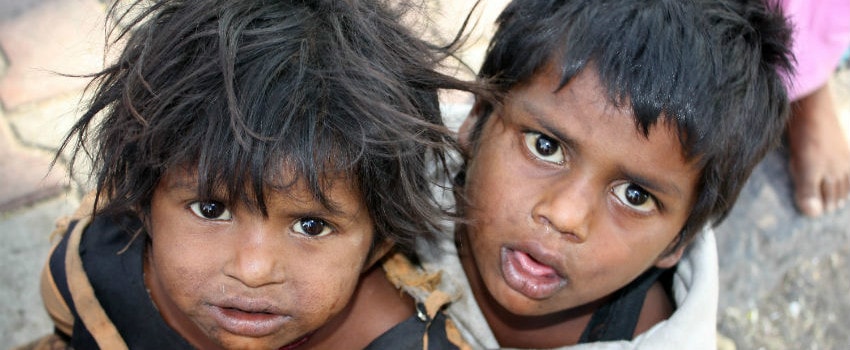
For weeks now the conflict in the Central African Republic has been intensifying and this has resulted in a virtual blockade of critical humanitarian assistance required by thousands of families displaced by the violence. Unicef has said a few planes have been permitted to land in the South-East town of Bangassou carrying 5.6 tonnes of emergency aid including cooking material, soap, water buckets, blankets and mats. The aid was distributed amongst 800 households by Unicef partner organisation ACTED.
Thousands of families in desperate need of assistance
Unicef representative for Central African Republic Christine Muhigana says the agency has been attempting to reach thousands of families in desperate need of humanitarian assistance, but this has become nearly impossible because the escalating violence has made it too dangerous. Ms Muhigana says given how critical the situation has become in the South East of the country, the only available solution was to airlift emergency supplies to families and children in these difficult to reach areas.
Clashes between armed groups
There have been a number of clashes between armed groups in the South East of the country which have left more than 300 people dead and 200 injured the UN Office for Coordination of Humanitarian Affairs said. It is estimated that nearly 100,000 people have been forced to flee their homes seeking out safety. This represents the Central African Republic’s largest population displacement since 2014. In Bria 40,000 people out of a total population of 47,000 have left with most people who have fled being children.
UN asking for access to civilians
In the worst affected areas, the roads are only accessible via UN military escort due to the violence and this means truck drivers do not wish to transport supplies because they fear for the lives. Unicef is calling on all armed groups to give aid workers the ability to access civilian populations without any impediments so they may deliver life-saving supplies and service without delay.
Escalating violence may unwind previous agreements
Unicef also worries that the most recent outbreak of violence could mean the unwinding of prior commitments made by armed groups to release all captive children and cease any further recruitment. In May 2015 leaders of 10 different armed factions in the Central African Republic committed to releasing children and since that agreement was signed, over 7,000 children have been released from their ranks.





